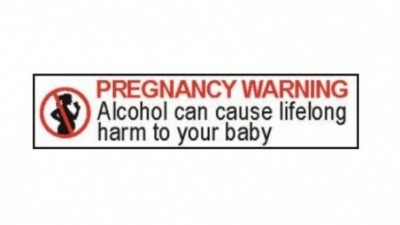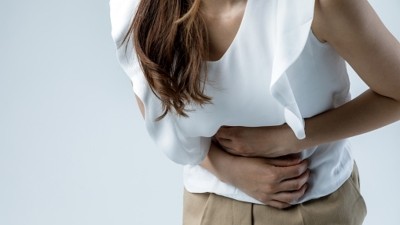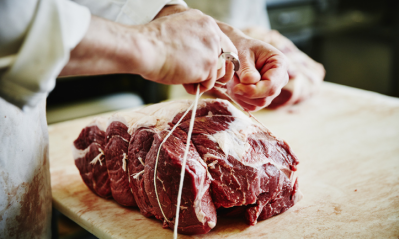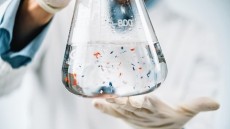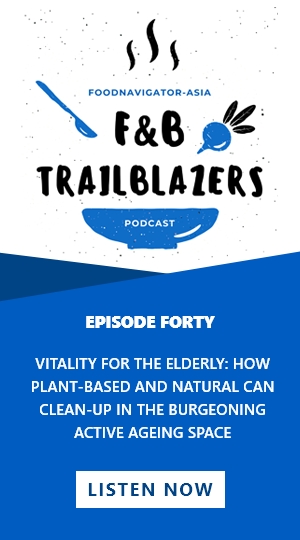Poppy seed panic: Australian food firms stress poisoning cases ‘outside of brands’ control’ amid nationwide recalls
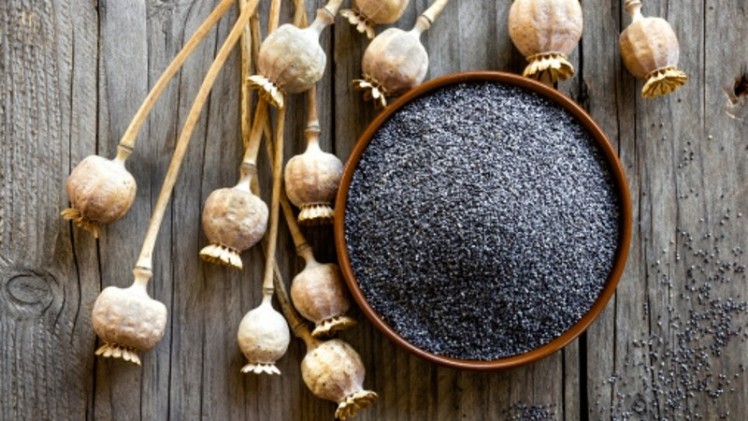
Australia has observed a series of severe food poisoning cases linked to poppy seed consumption, with over 30 consumers having been hospitalised and/or treated for high levels of thebaine, a toxic chemical found in non-food grade poppy seeds.
Most of the symptoms observed have been serious enough to warrant medical concern, including difficulty breathing, muscle spasms, tachycardia, seizures, cardiac arrest, unconsciousness and more.
“Anyone who has consumed the recalled products and experienced unusual and/or severe symptoms should seek immediate medical attention,” food regulator Food Standards Australia New Zealand (FSANZ) stated when implementing the nationwide recall of poppy seed brands earlier this month.
“Consumers will not be able to tell which poppy seeds have high thebaine content by looking at the seeds and are advised not to eat them at all.
“At present, cases of illness among people who have consumed poppy seeds have already been reported in Western Australia, New South Wales, Victoria, Queensland, South Australia and the Australian Capital Territory.”
Multiple well-known poppy seed brands have been affected by this recall including Hoyts, Gaganis Bros, East West Foods, Eumarrah and more.
Understandably, the food firms involved have been quick to stress that this is not a brand issue but a national one although investigations are still ongoing into the source of the unsafe poppy seeds.
“Health authorities have already advised that the problem is due to the potential presence of a chemical (thebaine) due to unsafe or unsuitable poppy seeds entering the food supply, which has been outside the control of Gaganis,” Gaganis Bros, manufacturer of the Gaganis Premium Australian Poppy Seed products, said via its social media pages.
“Gaganis together with other businesses responsible for their brands and products [with poppy seeds] is conducting a coordinated recall of poppy seeds.
“Please note the Hoyts brand of poppy seed is also on recall.”
Amidst ongoing investigations, most recently the Victoria State Department of Health shed extra light on the situation in its full-blast health warning on poppy seeds, highlighting that some non-food grade items had ‘incorrectly’ land in consumer hands.
“Non-food grade poppy seeds have incorrectly entered the food supply chain. These seeds are not intended for human consumption and are not safe to consume,” said Deputy Chief Health Officer for Environment Dr Angie Bone via a formal statement.
“Some batches of commercially available poppy seeds, when brewed into a concentrated form such as a tea, have resulted in cases of severe toxicity [and] anyone who has consumed large quantities of poppy seeds and experiences needs [should seek medical attention immediately].”
Dr Bone also urged consumers to avoid the consumption of all poppy seeds purchased since September 2022 amidst the authorities’ active investigation into the situation.
All recalled products can be returned to the place of purchase for a full refund.
Source of the danger
Although poppy seeds have been lauded for various health benefits including digestion and cardiovascular health, at its core the seeds come from the poppy flower which is perhaps best known as the source of the opium narcotic, as well as its use in making analgesics such as morphine.
Australia is one of the biggest poppy seed producers in the world, and the ‘incorrect’ entry of non-food grade poppy seeds with high levels of thebaine is dangerous as the thebaine is converted into a morphine-like product which can lead to what is essentially an opioid overdose.
“The enzyme that can convert thebaine into a morphine-like substance is called cyp2D6 and different people produce different amounts of this enzyme in their body, so the effects can be different – if your body produces a lot of this enzyme you may get an effect similar to opioid overdose,” Charles Sturt School of Dentistry and Medical Sciences Senior Lecturer in Medicinal Chemistry Dr Christopher Parkinson told ABC.

